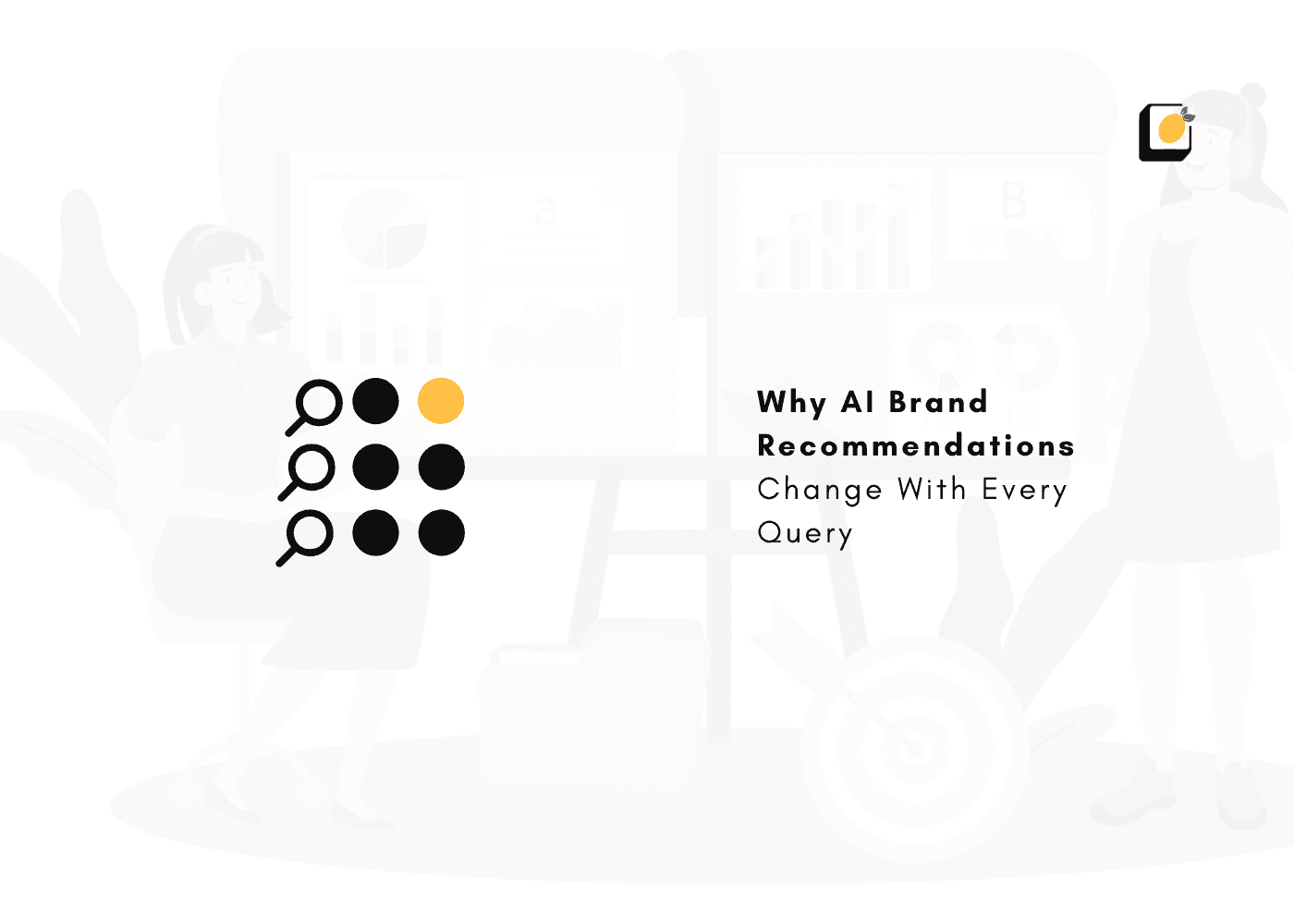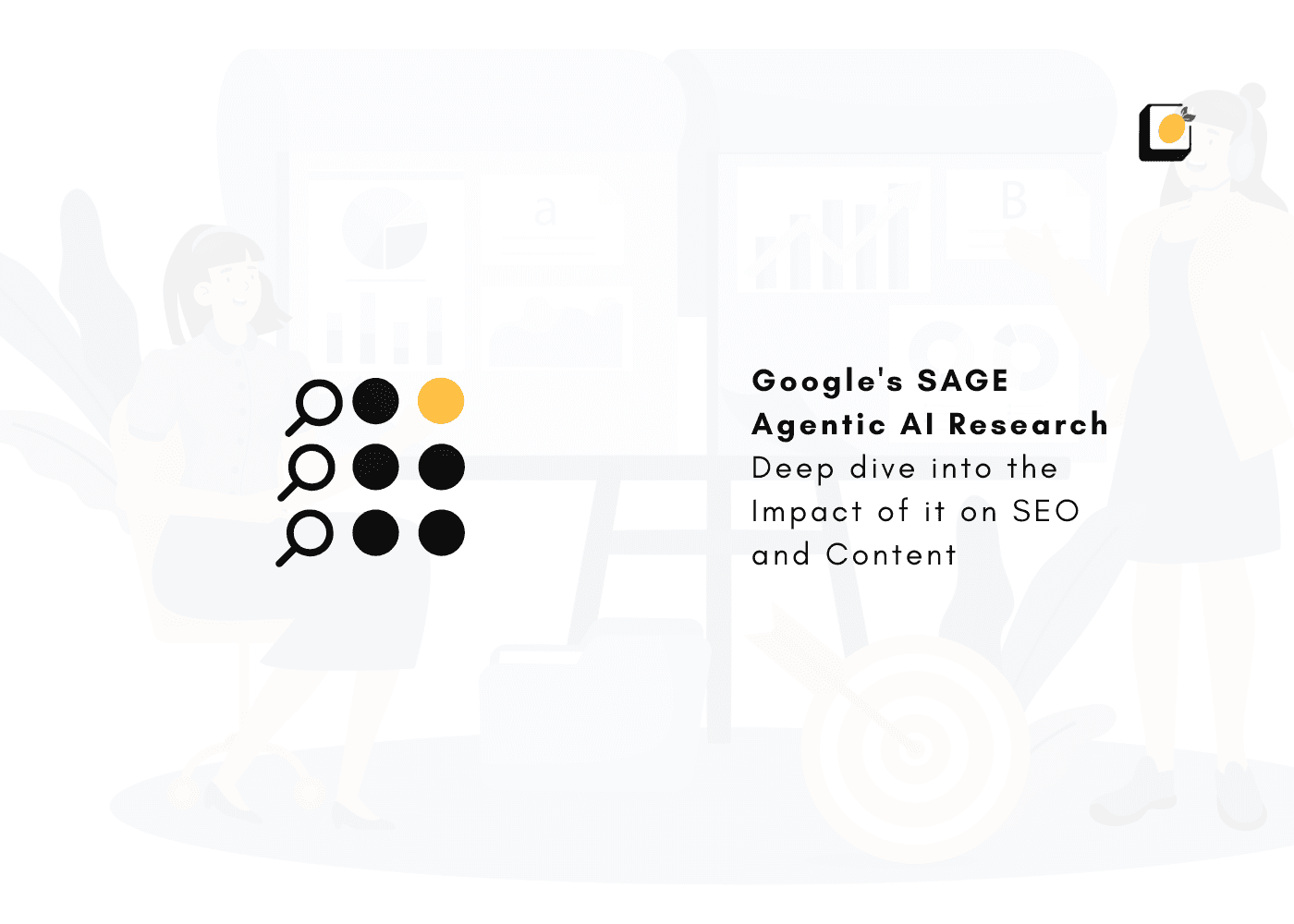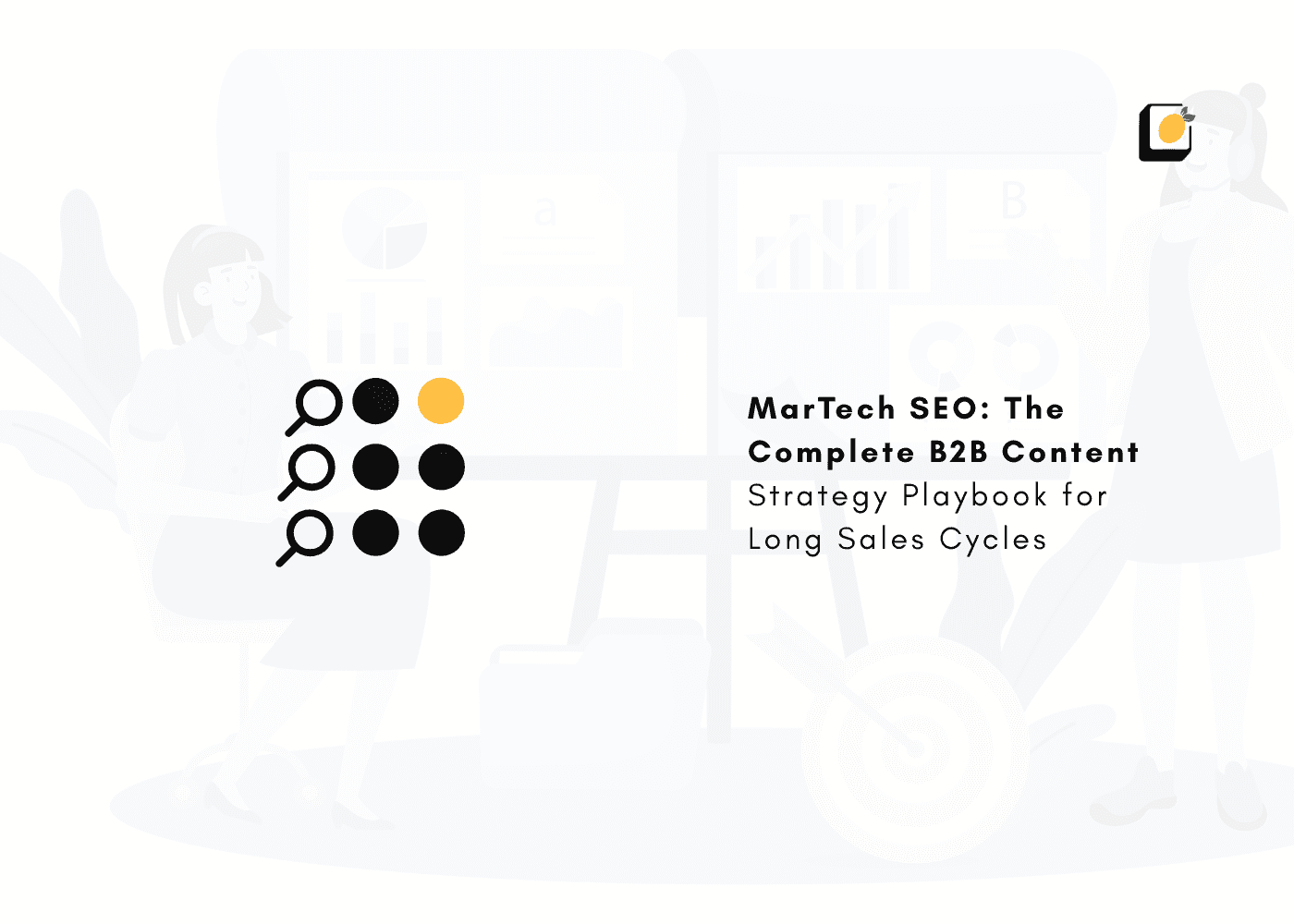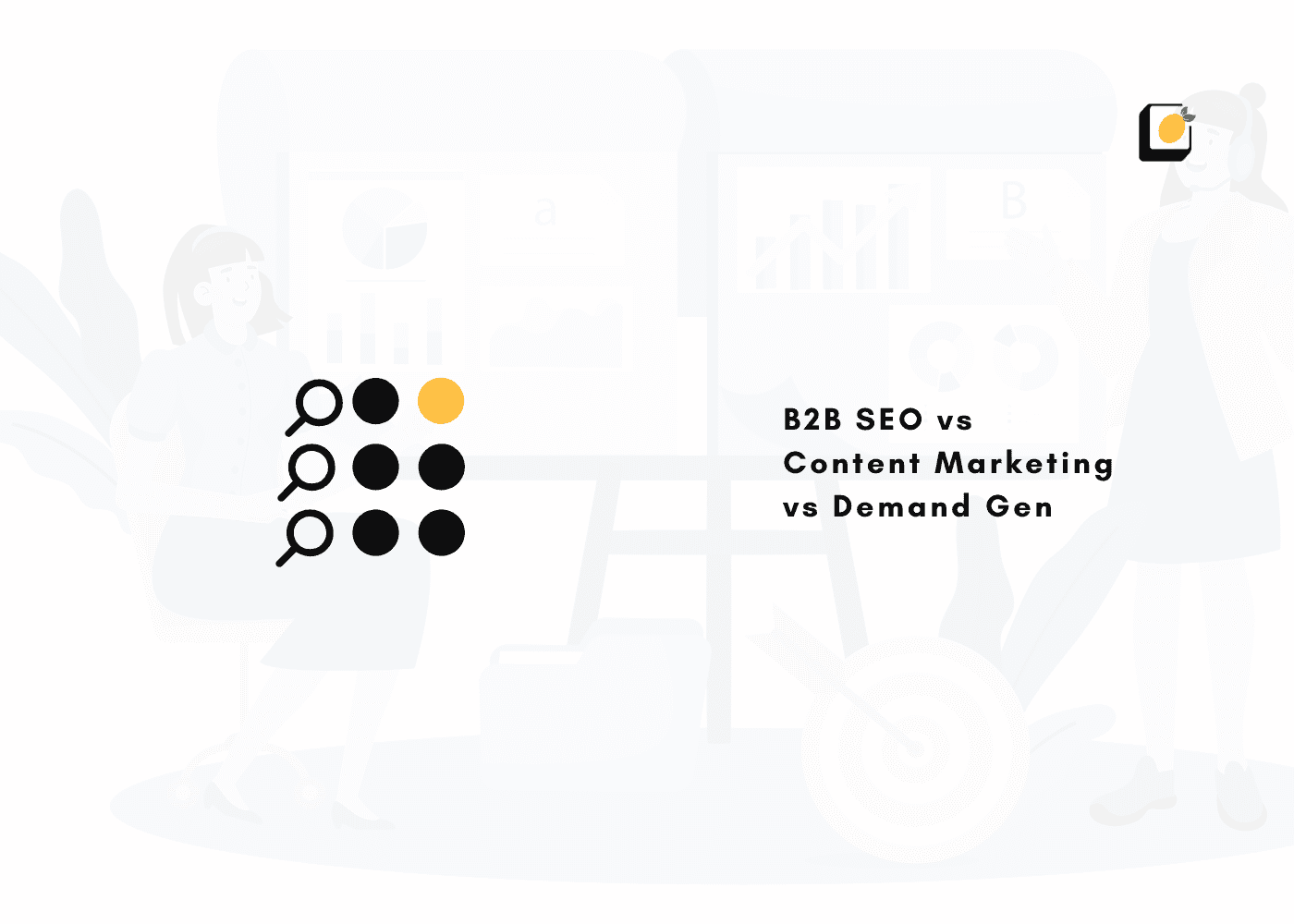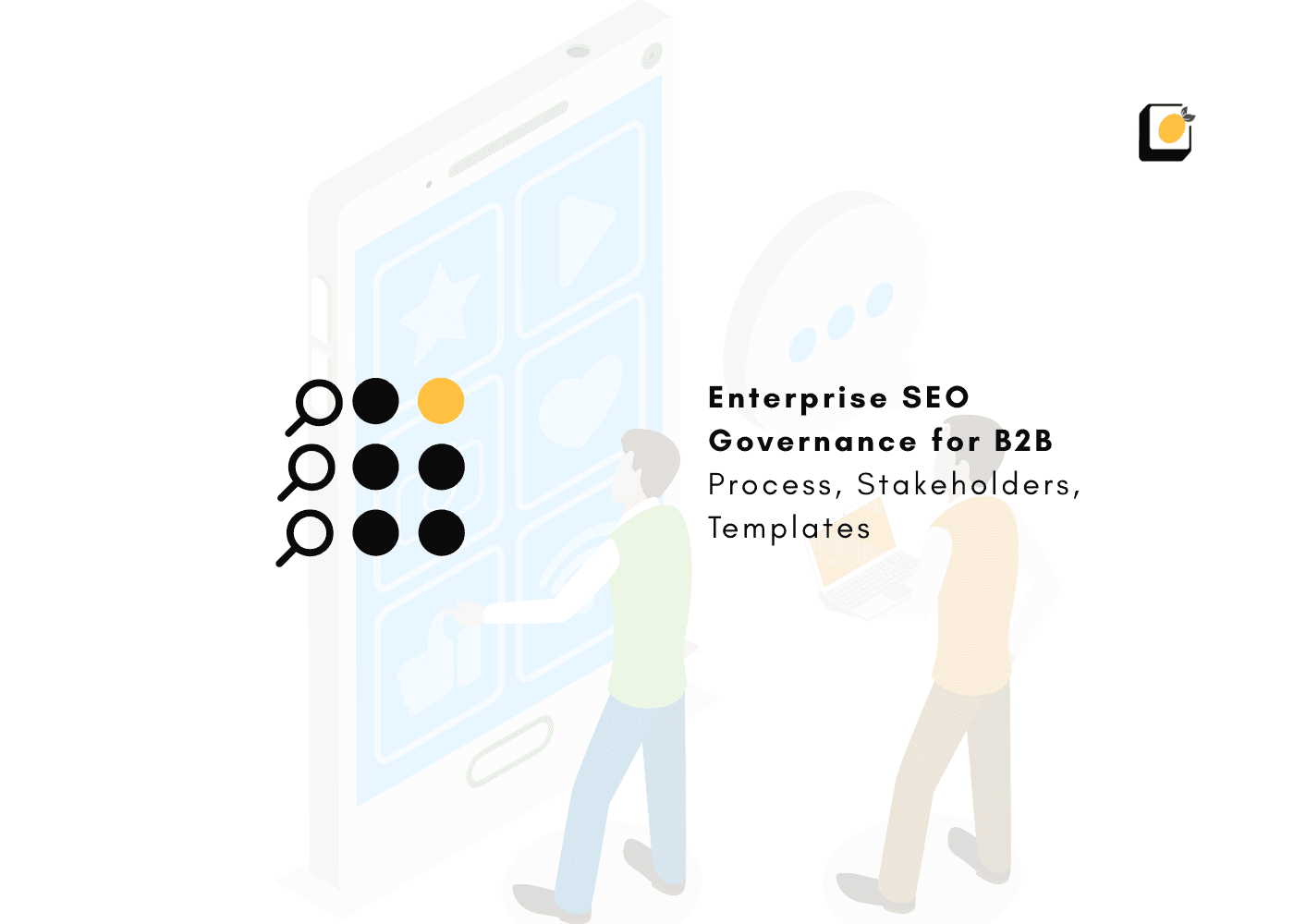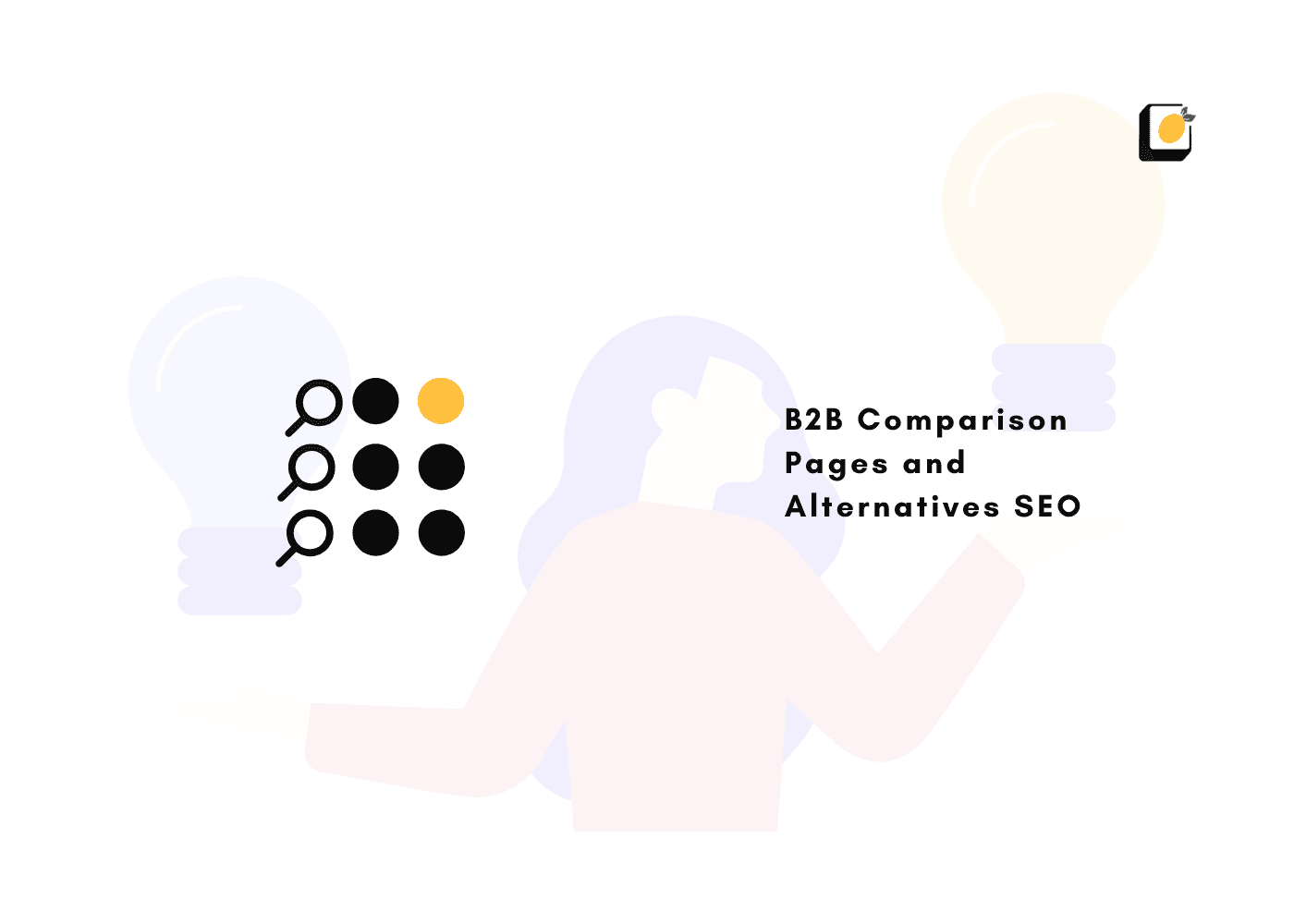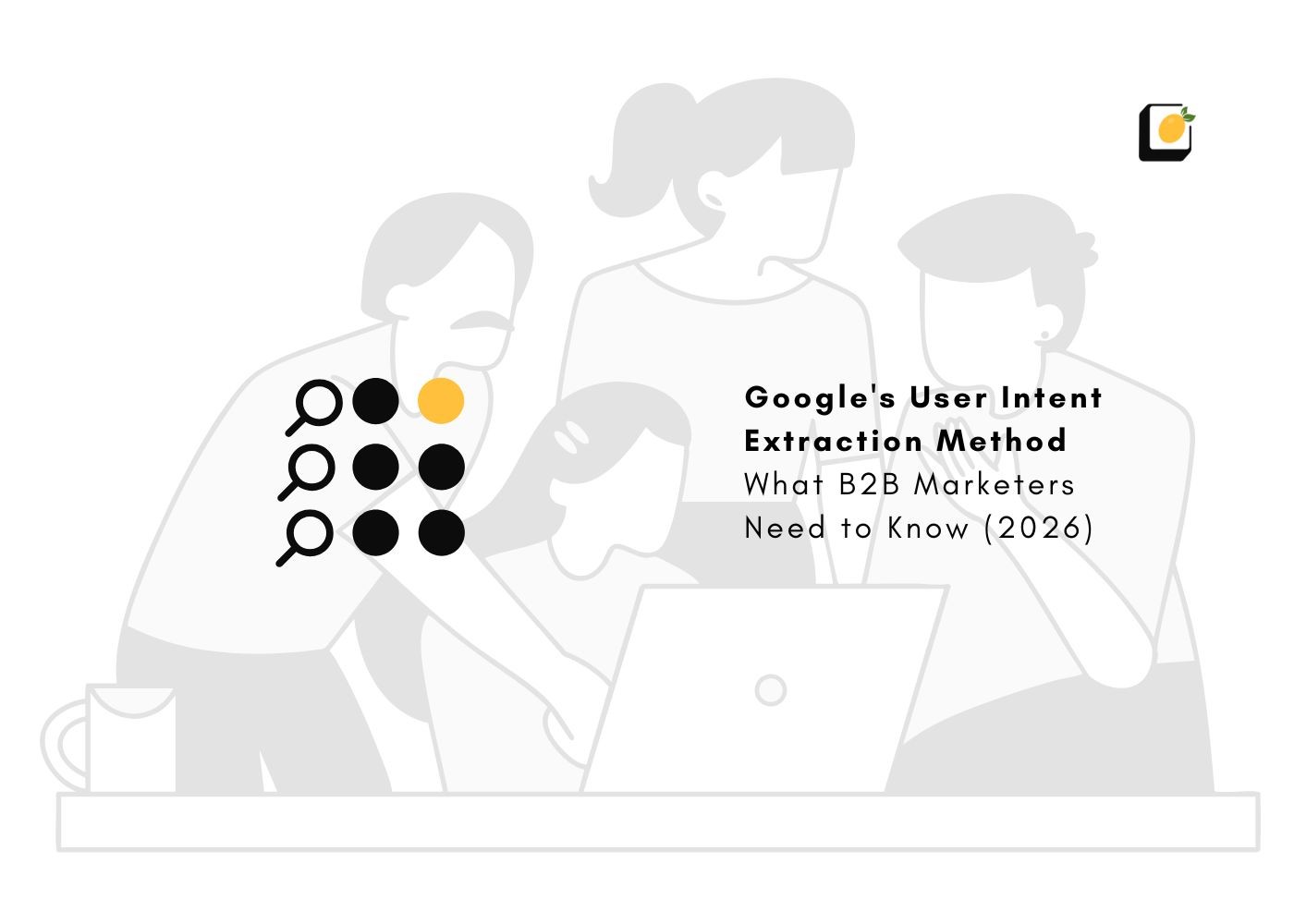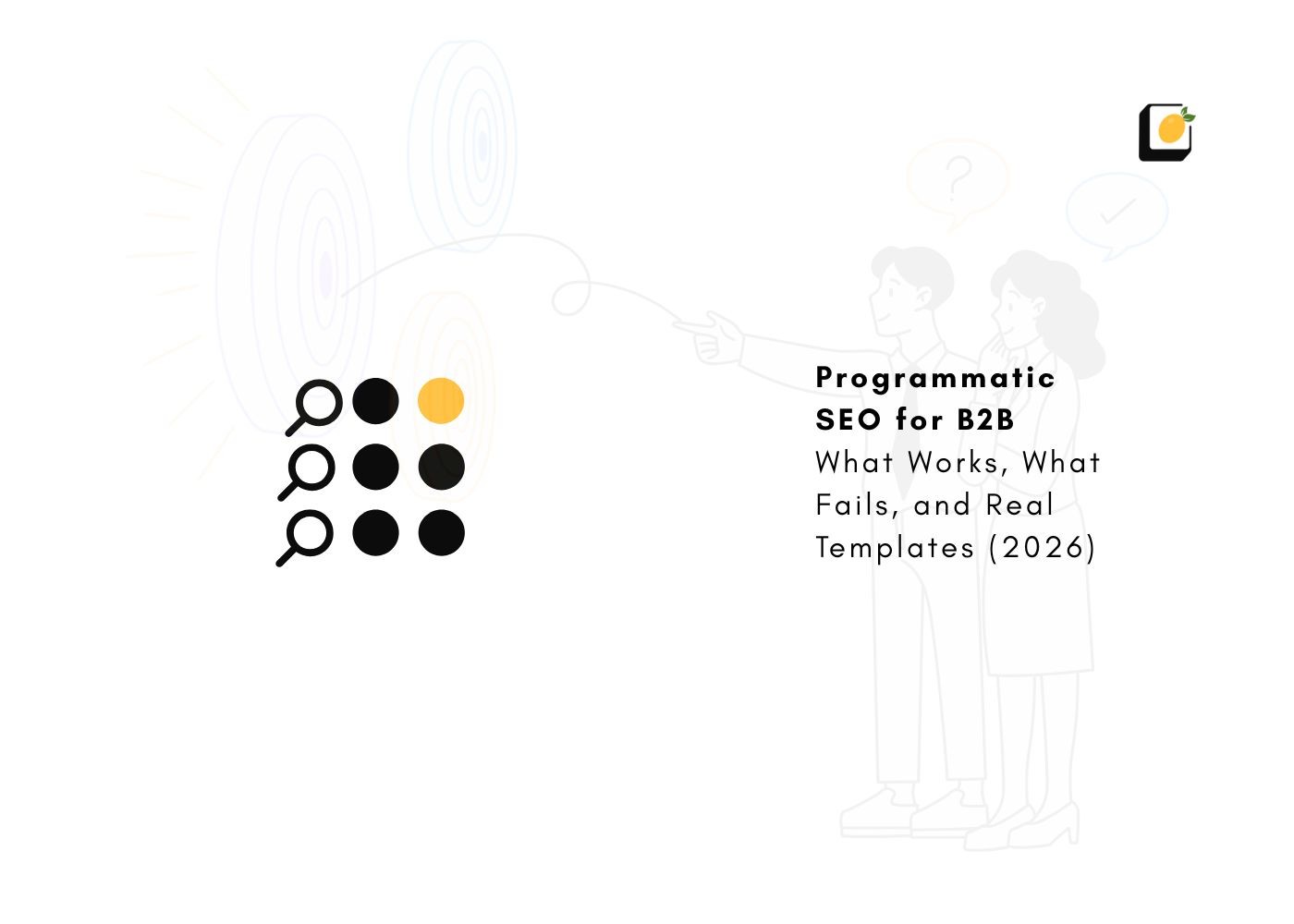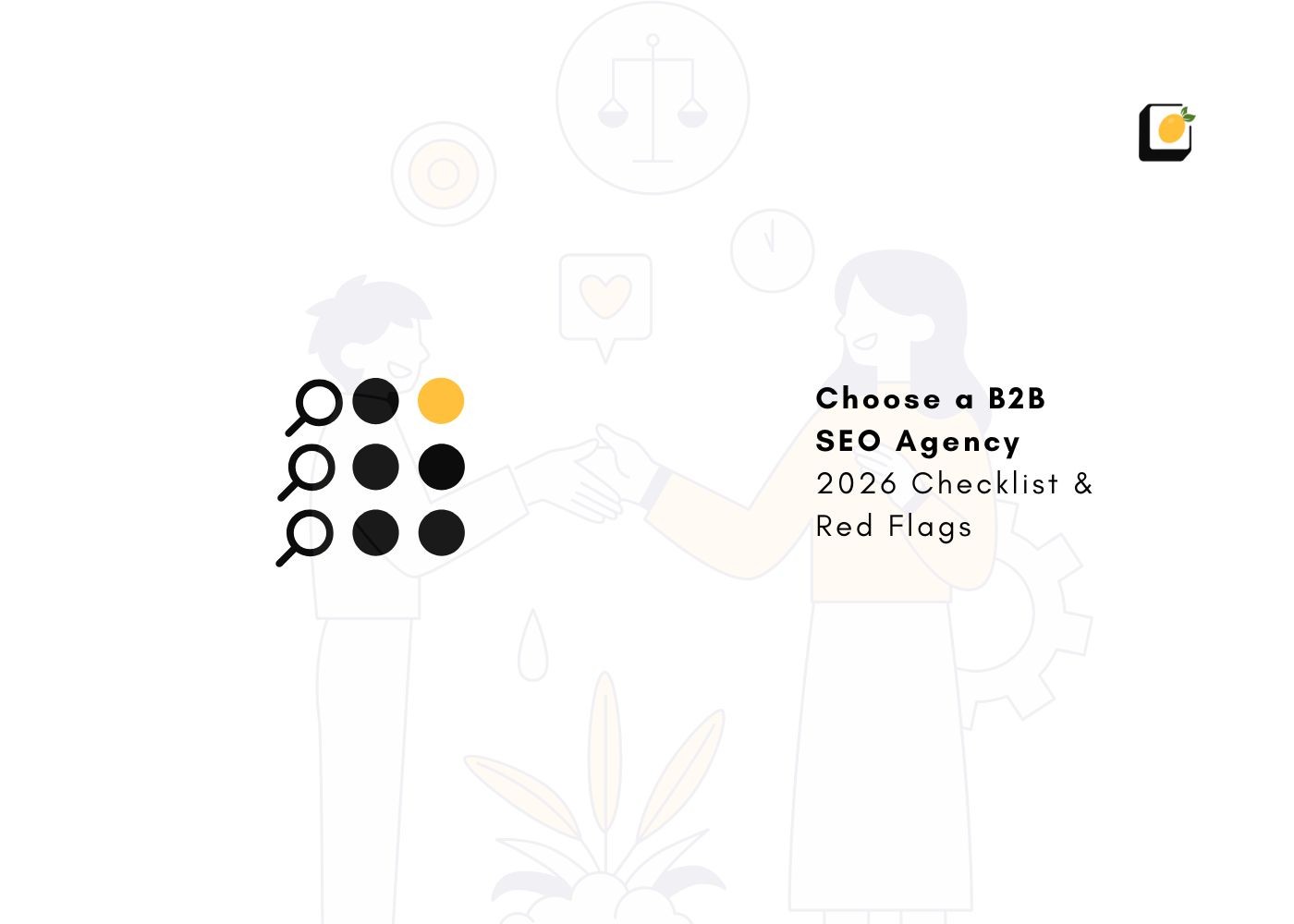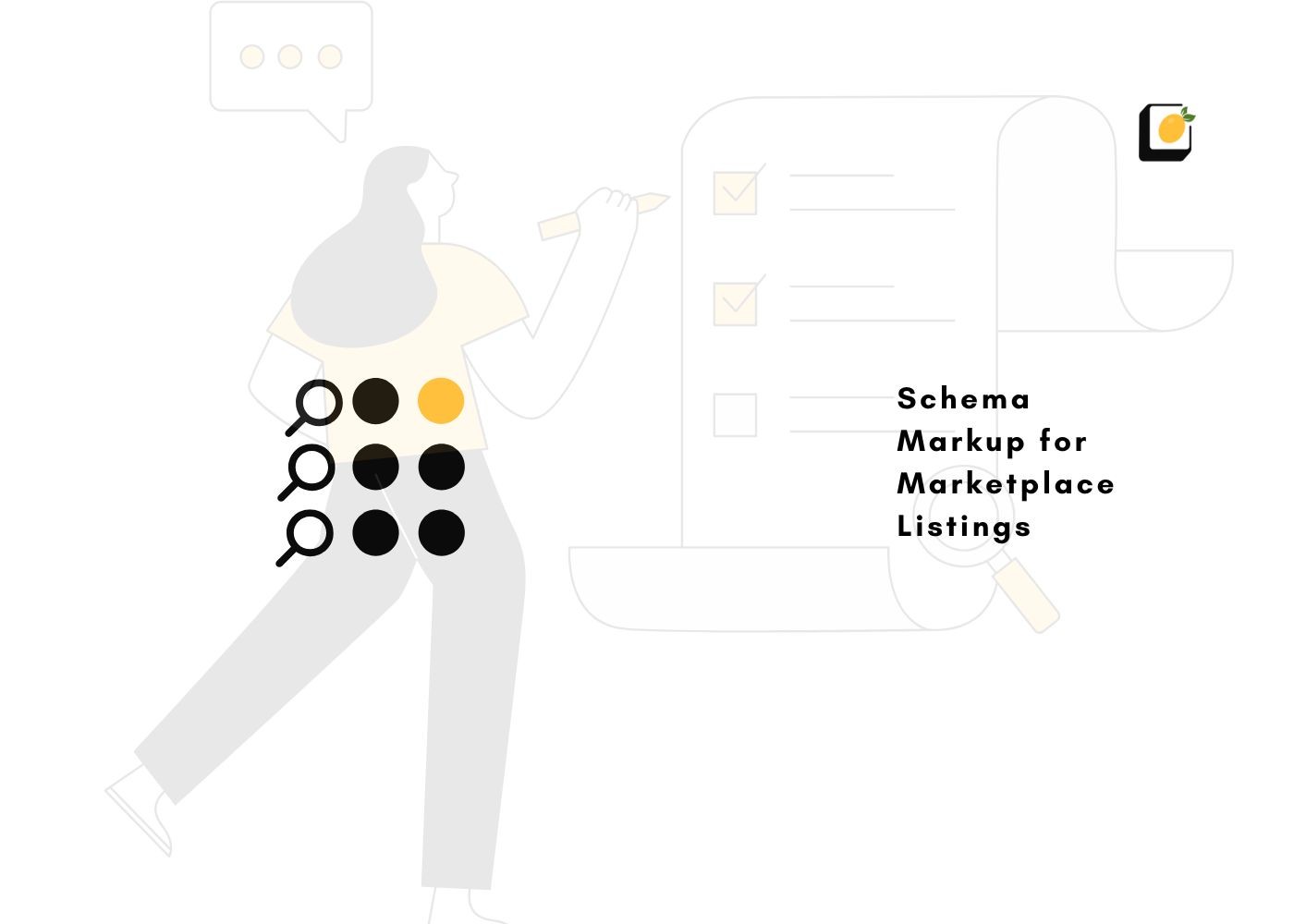Ultimate guide to using Top SEO Platforms to help you Rank on AI overview
May 15, 2025
Join 500+ brands growing with Passionfruit!
Why SEO Matters The Most in 2026
The digital landscape continues evolving at breakneck speed, yet search engine optimization remains the cornerstone of online visibility. In 2025, with increasingly sophisticated algorithms and AI-powered search features, having access to powerful SEO tools isn't just beneficial—it's essential for digital survival.
Today's search engines evaluate hundreds of ranking factors simultaneously, making manual optimization virtually impossible. This is precisely where modern SEO platforms prove indispensable, offering data-driven insights and automation capabilities that help businesses of all sizes compete effectively in organic search.
Nearly 49% of marketers report that organic search delivers the best ROI of any marketing channel—significantly outperforming paid search alternatives. With such compelling returns, investing in the right SEO tools can dramatically impact your business growth.
Whether you're an experienced digital marketer or just starting your SEO journey, finding the right combination of tools can make all the difference. In this comprehensive guide, we'll explore the most popular SEO tools of 2025, helping you navigate this complex landscape with confidence.
Key SEO Trends Shaping 2026

Before diving into specific platforms, let's examine the major trends reshaping SEO this year:
AI-Powered Search Has Matured
Google's continuous refinement of machine learning algorithms means search engines now truly understand content context and user intent. The top SEO platforms in the world have responded with AI-powered analysis capabilities that predict ranking potential and offer precise optimization recommendations.
User Experience Metrics Dominate Rankings
Core Web Vitals have expanded beyond basic performance metrics to include sophisticated interaction measurements, with search engines prioritizing sites that provide exceptional user experiences. Leading SEO tools for digital marketing now offer comprehensive UX analysis and monitoring.
Voice Search Optimization Is Non-Negotiable
With voice-initiated searches accounting for nearly 50% of queries in 2025, the best SEO tools now include dedicated voice search optimization features to help target conversational queries and featured snippets.
Multi-Modal Search Integration
Users increasingly search with images, videos, and mixed media inputs. Famous SEO tools have adapted by offering visual search optimization capabilities alongside traditional text-based SEO features.
Local SEO Has Become Hyper-Local
Neighborhood-level ranking factors have become crucial for businesses with physical locations. The best free SEO tools now include basic local optimization features, while premium platforms offer sophisticated geo-targeting capabilities.
Types of SEO Tools You Need in 2026

Modern SEO requires a multi-faceted approach. Here's how today's tools are categorized:
Tool Type | Primary Function | Why It's Essential | |
Keyword Research | Discover valuable search terms | Foundation of content strategy | |
Technical SEO | Identify and fix website issues | Ensures search engines can crawl and index properly | |
Content Optimization | Improve content quality and relevance | Helps match user intent and boost rankings | |
Rank Tracking | Monitor position changes | Measures effectiveness of SEO efforts | |
Backlink Analysis | Evaluate link profile quality | Critical for off-page optimization | |
Local SEO | Optimize for geographic targeting | Essential for businesses with physical locations | |
AI Content Tools | Generate and enhance content | Accelerates content creation process | |
Comprehensive Review of Top SEO Platforms in 2026
Enterprise-Level SEO Solutions
For large organizations managing complex websites across multiple markets, these enterprise platforms deliver the necessary power and scalability:
1. Semrush Enterprise
Semrush remains the industry leader for enterprise SEO in 2025, offering unmatched data depth and analytical capabilities. Key features include:
AI-driven content optimization with predictive ranking analysis
Technical SEO auditing that handles millions of pages efficiently
Comprehensive competitor intelligence across markets
Automated insights delivery customized for different stakeholders
Enterprise-grade API access for custom integrations
What sets Semrush apart is its ability to unify disparate SEO functions into a cohesive platform while providing actionable recommendations that directly tie to business outcomes.
Pricing: Starting at $140/month for basic plans, with enterprise solutions ranging from $450-$2,000/month depending on needs.
Expert Opinion: "While Semrush's interface can initially feel overwhelming with nearly 50 different sections, the platform offers exceptional data quality and the most comprehensive feature set on the market in 2025."
2. Ahrefs Enterprise
Known primarily for its unmatched backlink database, Ahrefs has evolved into a complete enterprise SEO solution. Standout capabilities include:
The industry's most comprehensive link intelligence system
Advanced SERP feature tracking and opportunity identification
Content gap analysis with semantic relevance scoring
Custom reporting dashboards with unlimited data points
Sophisticated competitor benchmarking
Pricing: Starting at $129/month for basic accounts, with enterprise solutions starting at $999/month.
User Feedback: "Ahrefs data quality is among the best on the market. The tool excels at tracking backlinks and researching keywords. However, it's not a tool that guides you in the right direction—you need to be an expert to get full value."
3. BrightEdge
BrightEdge distinguishes itself among popular SEO tools with its focus on data science and predictive analytics:
Real-time algorithm impact assessment
Market share analysis across industries
Data-driven content strategy recommendations
Enterprise-grade workflow management
Advanced forecasting of SEO opportunities
Pricing: Custom pricing starting around $3,000/month
Best For: Enterprise businesses targeting multiple global markets
Mid-Market SEO Solutions
For small to medium businesses needing comprehensive capabilities without enterprise pricing, these platforms deliver excellent value:
4. Moz Pro
Moz consistently ranks among which are the best SEO tools for a beginner while offering enough depth for experienced users:
User-friendly interface with excellent educational resources
Powerful site audit capabilities with prioritized recommendations
Keyword research with difficulty scoring and opportunity analysis
Link exploration and outreach prioritization
Local SEO features for businesses with physical locations
Pricing: $99-$599/month depending on features and usage limits
Expert Insight: "Moz is particularly strong on linked data, often better than Ahrefs, especially for English-language keyword data. Their educational content remains among the best in the industry."
5. SE Ranking
SE Ranking has gained popularity for its intuitive interface and competitive pricing:
Comprehensive keyword tracking across multiple locations
Website audit with actionable recommendations
Backlink monitoring with competitive analysis
White-label reporting for agencies
Social media management integration
Pricing: Starting at $65/month, with plans scaling based on keywords tracked and check frequency
User Experience: "The tool can feel quite bulky and slow, and the UX isn't ideal for everyone. But SE Ranking is one of the tools that keep improving and growing year after year."
Best Free SEO Tools in 2026
Limited budget doesn't mean limited optimization in 2025. These free SEO tools provide significant value without cost:
6. Google Search Console
Google's own platform remains one of the most valuable SEO software tools free of charge:
Direct data from Google about how your site performs in search
Index coverage issues and fixing opportunities
Core Web Vitals reporting
Rich results testing and enhancement suggestions
Mobile usability insights
Expert Take: "Google Search Console has become one of the best SEO tools. Much has improved in the last couple of years. It gives you information no other tool can match, including the accuracy of traffic and visibility data."
7. Google Analytics 4
While not strictly an SEO tool, GA4 provides critical insights for SEO strategy:
Enhanced event tracking across user journeys
AI-driven predictions and insights
Cross-platform reporting for holistic analysis
Direct integration with Google Search Console
Custom audience creation for remarketing
Key Benefit: Detailed understanding of how users from different search sources interact with your site, helping optimize for conversion rather than just traffic.
8. Bing Webmaster Tools
Often overlooked but increasingly valuable as Microsoft's search engines gain market share:
SEO reports with specific implementation recommendations
Keyword research directly from Bing's data
Backlink reports showing links from sites indexed by Microsoft
Site scan for technical issues
Page traffic analytics
User Insight: "If you're neglecting Bing Webmaster Tools, you're missing valuable insights that Google Search Console doesn't provide. It's especially useful for markets where Bing has higher market share."
Specialized SEO Platforms
As SEO has matured, specialized tools have emerged to solve specific optimization challenges:
Technical SEO Tools
9. Screaming Frog SEO Spider
For in-depth technical analysis, Screaming Frog offers unmatched crawling capabilities:
Comprehensive crawling with detailed error reporting
Advanced JavaScript rendering analysis
Internal link optimization recommendations
Structured data validation
Server performance analysis
Pricing: $22/month or $259/year with free version available (limited to 500 URLs)
Expert Opinion: "This tool identifies critical issues like broken links, duplicate content, and missing metadata with incredible speed. It's not perfect, with many 'false positives,' but that's because the internet is so complex. It's a super nerdy tool that SEO professionals rely on."
10. ContentKing
This real-time monitoring platform has become essential for preventing SEO disasters:
24/7 website monitoring with instant alerts
Change tracking across critical SEO elements
Content quality scoring
Internal linking opportunities
Integration with task management systems
Pricing: Starting at $39/month
Key Benefit: "The real-time nature of ContentKing means you'll know about critical SEO issues before they impact your rankings, allowing for immediate remediation."
Content Optimization Platforms
11. Surfer SEO
Data-driven content optimization that analyzes top-performing pages:
SERP similarity analysis
NLP-powered content editing recommendations
Content planning with topic clustering
AI-powered first draft generation
Domain-level content strategy recommendations
Pricing: Starting at $99/month
Expert Opinion: "I've tested Surfer SEO extensively, and it's remarkably intuitive. It compares your content to top-ranking pages and shows you where your content needs improvement. The AI writer functionality has improved dramatically in 2025."
12. Claude 3.7 Sonnet
This leading AI content writing tool has multiple advantages for SEO:
Superior writing quality across different languages
Larger context windows enabling comprehensive long-form content
Intelligent topic expansion
Content structure optimization
SERP-focused writing capabilities
Expert Opinion: "This is the leading AI content writing tool in 2025. It has multiple advantages over other models, particularly with writing quality across different languages. The larger context windows enable the creation of comprehensive, SEO-optimized content."
Local SEO Solutions
13. BrightLocal
For businesses focusing on local search visibility:
Local rank tracking by neighborhood
Citation building and auditing
Review generation and monitoring
Google Business Profile optimization
Competitor benchmarking for local businesses
Pricing: Starting at $29/month per location
Key Benefit: "BrightLocal specializes in local search optimization, making it indispensable for businesses targeting geographic areas. It also excels in review monitoring."
Best SEO Tools for Beginners
Those new to SEO need platforms that combine power with accessibility:
14. GrowthBar
Designed specifically with simplicity in mind:
Browser extension for instant SEO insights
AI content generation with SEO optimization
Simplified keyword research interface
Basic competitive analysis
WordPress plugin for in-editor optimization
Pricing: Starting at $29/month
Best For: "Content creators and marketers who need straightforward SEO guidance without a steep learning curve."
15. Ubersuggest
Neil Patel's platform offers excellent value for newcomers:
Beginner-friendly keyword research
Site audit with actionable recommendations
Content idea generation
Basic competitor analysis
Limited backlink data in the free version
Pricing: Starting from free, with paid plans at $12/month when billed annually
Expert Take: "Ubersuggest is a user-friendly SEO tool that offers keyword research, backlink analysis and site audits. It's ideal for both beginners and experienced SEO professionals looking for an all-in-one solution at a competitive price."
16. Morningscore
An all-in-one SEO tool that gamifies the optimization process:
Measures organic traffic value in dollars
Game elements to make SEO more engaging
Step-by-step SEO missions with clear instructions
Comprehensive keyword, link, and technical analysis
Competitor monitoring capabilities
Pricing: Starting at $49/month
User Feedback: "Morningscore makes SEO accessible and fun, which increases the likelihood you'll actually implement the recommendations. Their gamification approach keeps you motivated to improve your rankings."
Passionfruit: The Emerging SEO Game-Changer of 2025

Among the innovative platforms reshaping the SEO landscape in 2025, Passionfruit stands out for its revolutionary approach to search optimization.
What makes Passionfruit one of the emerging top 5 SEO tools is its unique integration of AI-driven insights with practical implementation guidance:
Predictive Intent Modeling: Anticipates search behavior changes before they happen, allowing you to optimize content proactively rather than reactively.
Topical Authority Building: Goes beyond simple keyword targeting to establish comprehensive subject matter expertise that search engines increasingly favor.
Technical SEO Automation: Not just identifying issues but actually implementing fixes that improve site performance and crawlability.
Editorial SEO: Creates conversion-focused content backed by comprehensive SERP analysis and optimization.
High-Quality Link Building: Focuses on verified, authoritative platforms to build genuine site authority rather than quantity-based approaches.
Unlike many SEO studio tools that overwhelm users with data but offer limited actionable guidance, Passionfruit provides clear implementation roadmaps suitable for both beginners and experts. The platform's emphasis on simplifying complex SEO concepts while delivering enterprise-grade insights has quickly earned it recognition among digital marketers seeking more efficient optimization workflows.
Real Results from Real Businesses
Passionfruit's effectiveness is demonstrated through impressive case studies:
Company | Industry | Results |
Necesera | E-Commerce (Shopify) | Purchases: +31% |
Ranked Keywords: +42% | 1 month | |
Typsy Beauty | E-Commerce (Shopify) | Organic Revenue: +68% |
Ranked Keywords: +43% | 1 month | |
Mem | B2C SaaS (Framer) | Paid Sign Ups: +251% |
What truly distinguishes Passionfruit is its holistic approach to search visibility, addressing technical foundations, content quality, and user experience optimization through a unified interface. This integrated methodology aligns perfectly with how search engines evaluate websites in 2025.
How to Choose the Right SEO Platform
With so many excellent options available, selecting the right SEO tools for digital marketing requires careful consideration:

1. Assess Your Organization's Size and Needs
Enterprise organizations typically need robust platforms like Semrush or Ahrefs, while small businesses might find comprehensive value in tools like Moz Pro or SE Ranking. Consider:
Website size (number of pages)
Content publication frequency
Number of keywords you need to track
International or local focus
Technical complexity of your website
2. Consider Your Team's Technical Expertise
For teams with limited SEO experience, user-friendly tools like GrowthBar or Morningscore make sense. More experienced teams might prefer the depth and flexibility of advanced platforms like Screaming Frog or Ahrefs.
3. Evaluate Implementation Resources
Some tools provide recommendations but require significant effort to implement, while others offer automation features that reduce workload. Match your choice to your available resources:
Time available for SEO tasks
Technical development support
Content creation capabilities
Budget for implementing changes
4. Determine Integration Requirements
Consider how your chosen SEO platform needs to integrate with your existing technology stack, including:
Content management system (WordPress, Shopify, custom)
Analytics platforms
Marketing automation tools
Project management systems
Reporting dashboards
5. Start with Free Tools When Appropriate
If budget is tight, begin with free SEO tools to establish basic optimization, then invest in paid tools as you demonstrate ROI:
Start with Google Search Console and Google Analytics
Add a free WordPress plugin like Yoast SEO
Leverage free versions of premium tools
Invest in specialized tools as needed
Building Your SEO Technology Stack
Rather than relying on a single solution, many organizations create custom technology stacks by combining complementary tools:
Core Platform + Specialized Tools
Start with a comprehensive platform like Semrush or Moz as your foundation, then add specialized tools for specific needs:
Technical auditing with Screaming Frog
Content optimization with Surfer SEO or Claude
Local SEO with BrightLocal
Rank tracking with specialized monitoring tools
Free Tools + Paid Specialization
Build a cost-effective stack starting with powerful free SEO tools:
Google Search Console for performance data
Bing Webmaster Tools for additional insights
Then add targeted paid tools for your highest-priority areas
Custom Integration Through APIs
Advanced users can create custom dashboards by leveraging APIs offered by many top SEO platforms in the world, pulling specific data into unified reporting systems.
SEO Tool Comparison Tables for 2025
Feature Comparison of Top SEO Platforms

Pricing Comparison of Popular SEO Tools
Tool | Free Version | Basic Plan | Mid-Range Plan | Enterprise Plan | |
Semrush | Limited trial | $140/mo | $250/mo | $450+/mo | |
Ahrefs | Webmaster tools | $129/mo | $199/mo | $999+/mo | |
Moz Pro | Limited tools | $99/mo | $179/mo | $599+/mo | |
SE Ranking | 14-day trial | $65/mo | $124/mo | $189+/mo | |
Surfer SEO | No | $99/mo | $199/mo | $399+/mo | |
Morningscore | 14-day trial | $49/mo | $99/mo | $189+/mo | |
Passionfruit | Custom demo | Contact for pricing | Contact for pricing | Contact for pricing | |
Best Tools by Business Type
Business Type | Recommended Tools | Key Features to Look For | ||
Small Business/Startup | Google Search Console, Morningscore, Ubersuggest | Affordable pricing, ease of use, actionable recommendations | ||
Mid-Size Business | Semrush, Moz Pro, Passionfruit | Comprehensive analysis, scalable features, team collaboration | ||
Enterprise | Semrush Enterprise, Ahrefs Enterprise, BrightEdge | Advanced API access, custom reporting, multi-user access | ||
E-commerce | Semrush, Ahrefs, Passionfruit | Product keyword research, conversion tracking, competitor analysis | ||
Local Business | BrightLocal, Google Business Profile, Yoast Local SEO | Citation management, review monitoring, local rank tracking | ||
Content Publishers | Surfer SEO, Claude 3.7, Semrush | Content optimization, topic clustering, trend analysis | ||
Agencies | Semrush, SE Ranking, Morningscore | White-label reporting, client management, bulk analysis | ||
The Future of SEO Platforms in 2025 and Beyond
As we look beyond 2025, several emerging trends will shape the next generation of SEO tools list entries:
1. Predictive SEO
Machine learning models will increasingly predict algorithm changes before they happen, allowing proactive optimization rather than reactive adjustments. Popular SEO tools are already incorporating early versions of these capabilities.
2. Automated Implementation
Beyond identifying issues, future tools will automatically implement many technical fixes without human intervention—from schema markup to image optimization to internal linking improvements.
3. Multi-Modal Optimization
As search diversifies across text, voice, image, and video, platforms will offer unified optimization across all search modalities, ensuring consistent visibility regardless of how users search.
4. Personalization At Scale
Tools will help create content variations that target different audience segments while maintaining ranking potential—addressing the increasing personalization of search results.
5. Integration of Search and Social
As the lines between search and social continue to blur, most popular SEO tools will expand to include social listening and engagement metrics as part of their ranking factors analysis.
FAQ: Your Top Questions About SEO Tools Answered
What is the single most important SEO tool for beginners in 2025?
Google Search Console remains the essential starting point for any SEO strategy. It provides direct data from Google about how your site performs in search, identifies technical issues, and offers insights that no third-party tool can match. Complement this with a user-friendly platform like Morningscore or Ubersuggest for a solid beginner's toolkit.
How much should small businesses budget for SEO tools annually?
Most small businesses can effectively manage SEO with $1,000-$3,000 annually for tools. This typically covers a primary platform like Moz Pro ($99-$179/month) and perhaps one specialized tool. Many can start with just free SEO tools and a single paid platform subscription.
Can AI-powered SEO tools replace human SEO specialists?
While AI capabilities in SEO platforms have advanced dramatically, they complement rather than replace human expertise. Today's tools excel at data analysis and identifying opportunities, but strategic decision-making, content creation, and understanding business context still require human specialists.
How often should I run technical SEO audits using these tools?
For most websites, monthly comprehensive technical audits are sufficient, with weekly monitoring of critical issues through tools like Google Search Console. Large e-commerce sites or news publications with frequent content changes may benefit from weekly full audits and daily monitoring.
Which SEO tools are best for international SEO campaigns?
For multi-language and multi-region campaigns, enterprise platforms like Semrush and Ahrefs offer the most robust international capabilities, including country-specific ranking data, hreflang tag validation, and international link analysis. Dragon Metrics also specializes in Asian markets for organizations targeting China, Japan, and Korea.
How accurate are the keyword volume metrics in SEO tools?
Keyword volume accuracy varies significantly between tools. Generally, Google's Keyword Planner provides the most accurate data since it comes directly from Google, but it's only available with active Google Ads campaigns. Third-party tools like Semrush and Ahrefs use sophisticated estimation models but can show discrepancies of 20-30% from actual search volumes, particularly for niche keywords or emerging trends.
Conclusion: Choosing Your SEO Toolkit for 2025
The SEO landscape of 2025 demands more sophisticated tools than ever before. As search engines continue evolving toward understanding content the way humans do, the most popular SEO tools have similarly transformed to provide deeper insights and more nuanced optimization capabilities.
Whether you're an enterprise organization managing global visibility or a small business focused on local customers, the right combination of SEO platforms can dramatically improve your digital marketing outcomes. By understanding the strengths and specializations of various tools, you can build an optimization stack that addresses your specific needs and business objectives.
For those seeking a truly integrated approach that combines technical excellence with content optimization and measurable results, Passionfruit offers a compelling solution worth exploring. Their focus on delivering actual business outcomes rather than just ranking improvements represents the future direction of SEO tools.
Remember that even the best SEO tools for beginners require thoughtful application to generate meaningful results. Stay curious, keep testing, and continue optimizing—the digital landscape rewards those who combine powerful tools with strategic thinking.



